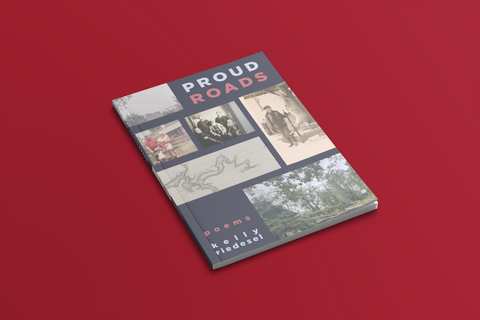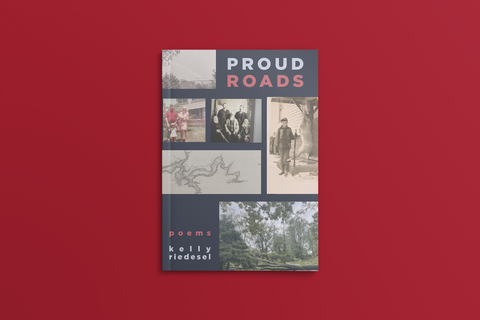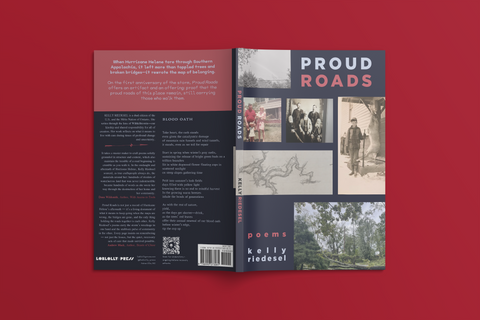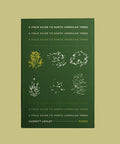More Info
Learn about the author and the book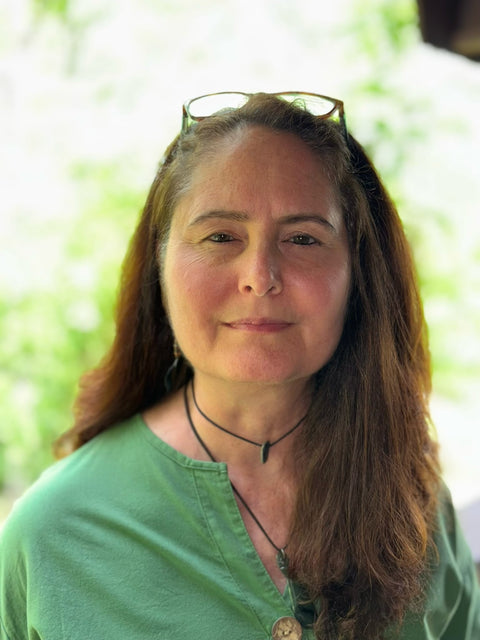
Financial Transparency
Books take time, people, and care. The numbers below aren’t to justify margins or profits—they’re a glimpse into what it costs to make something independent, lasting, and made with intention. Every title we publish carries the work of writers, editors, designers, and printers who believe small press publishing should stay human.Here’s how each dollar of your purchase breaks down—what it takes, per book, to reach the final retail price.
Printing
High-quality printing, binding, and paper materials for beautiful books
Author Payment
Fair compensation for the author's creative work, research, and time invested in writing.
Design
Professional cover design, interior layout, typography, and visual elements.
Marketing
Advertising, social media campaigns, email marketing, and promotional materials.
Fulfillment
The cost of shipping and fulfilling orders including freight from the printer, packaging and packing materials, and final shipment to our customers. This is the cost we take on after the shipping fee has been paid.
Press Operations
Covers the behind-the-scenes work that keeps the press moving—bookstore and wholesale discounts, event fees, merchant processing, platform subscriptions, and operational labor.


